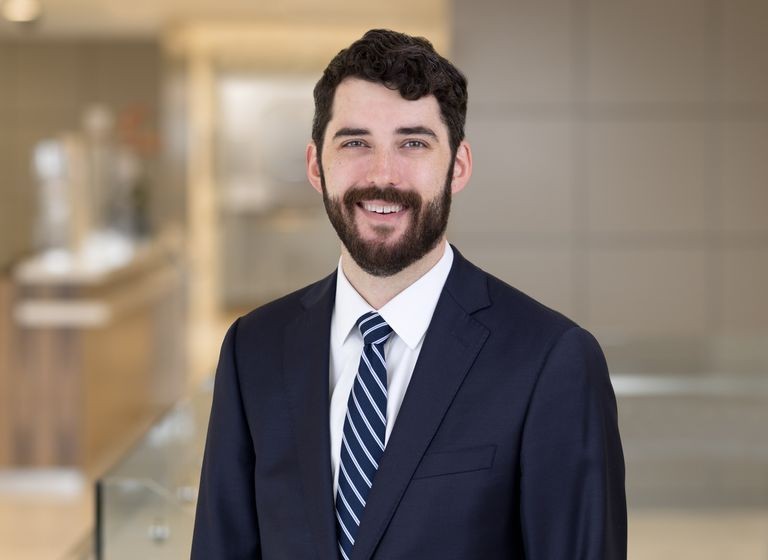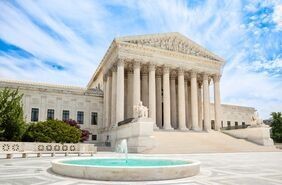William Tucker
Areas of Focus
Overview
Will Tucker is an associate in the firm's Washington, D.C. office, where he practices in the Government Contracts and Health Care groups. Will represents clients in a range of complex litigation and counseling engagements.
Career & Education
- University of Virginia School of Law, J.D., 2020
Virginia Journal of International Law: management board - Bowdoin College, B.A., 2014
- University of Virginia School of Law, J.D., 2020
- District of Columbia
William's Insights
Client Alert | 1 min read | 02.28.25
The Top FCA Developments of 2024
FY 2024 saw continued growth in False Claims Act enforcement, with a record year for new qui tam and government-initiated actions, and the highest total recovery in three years. Enforcement of pandemic-related fraud and cybersecurity noncompliance increased, and health care, procurement, and small business fraud violations were again priority areas. A groundbreaking opinion from the District Court for the Middle District of Florida may have teed up a potentially landscape-shifting decision about the viability of the qui tam mechanism in the not too distant future. And a landmark administrative law decision at the U.S. Supreme Court may impact many FCA cases to come. Significant decisions regarding retaliation, excessive fines, the first-to-file rule, and the public disclosure bar were also handed down by courts of appeals. Crowell attorneys discuss these highlights and others in a “Feature Comment” published in The Government Contractor.
Podcast | 11.27.24
Client Alert | 1 min read | 10.22.24
Insights
William's Insights
Client Alert | 1 min read | 02.28.25
The Top FCA Developments of 2024
FY 2024 saw continued growth in False Claims Act enforcement, with a record year for new qui tam and government-initiated actions, and the highest total recovery in three years. Enforcement of pandemic-related fraud and cybersecurity noncompliance increased, and health care, procurement, and small business fraud violations were again priority areas. A groundbreaking opinion from the District Court for the Middle District of Florida may have teed up a potentially landscape-shifting decision about the viability of the qui tam mechanism in the not too distant future. And a landmark administrative law decision at the U.S. Supreme Court may impact many FCA cases to come. Significant decisions regarding retaliation, excessive fines, the first-to-file rule, and the public disclosure bar were also handed down by courts of appeals. Crowell attorneys discuss these highlights and others in a “Feature Comment” published in The Government Contractor.
Podcast | 11.27.24
Client Alert | 1 min read | 10.22.24






